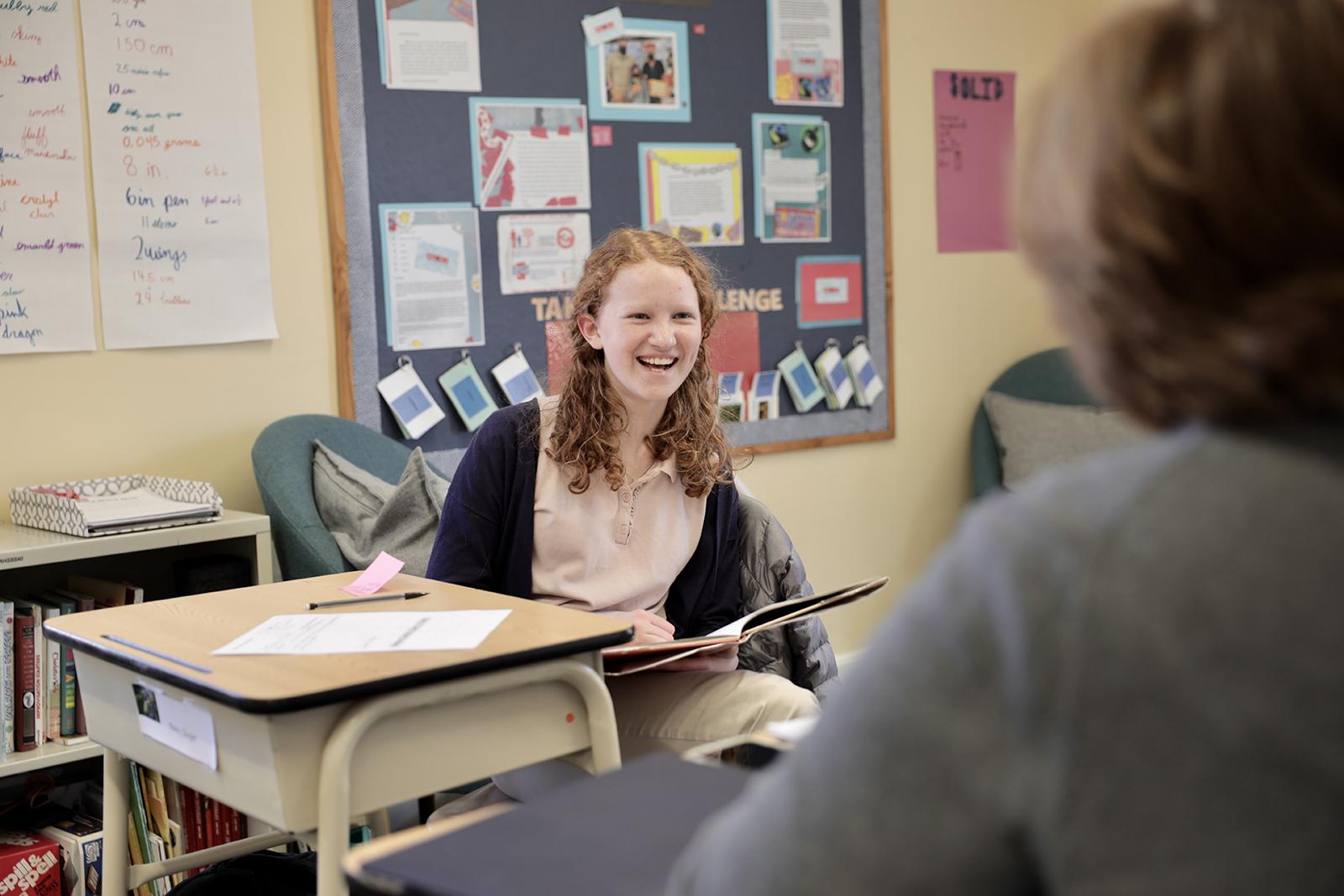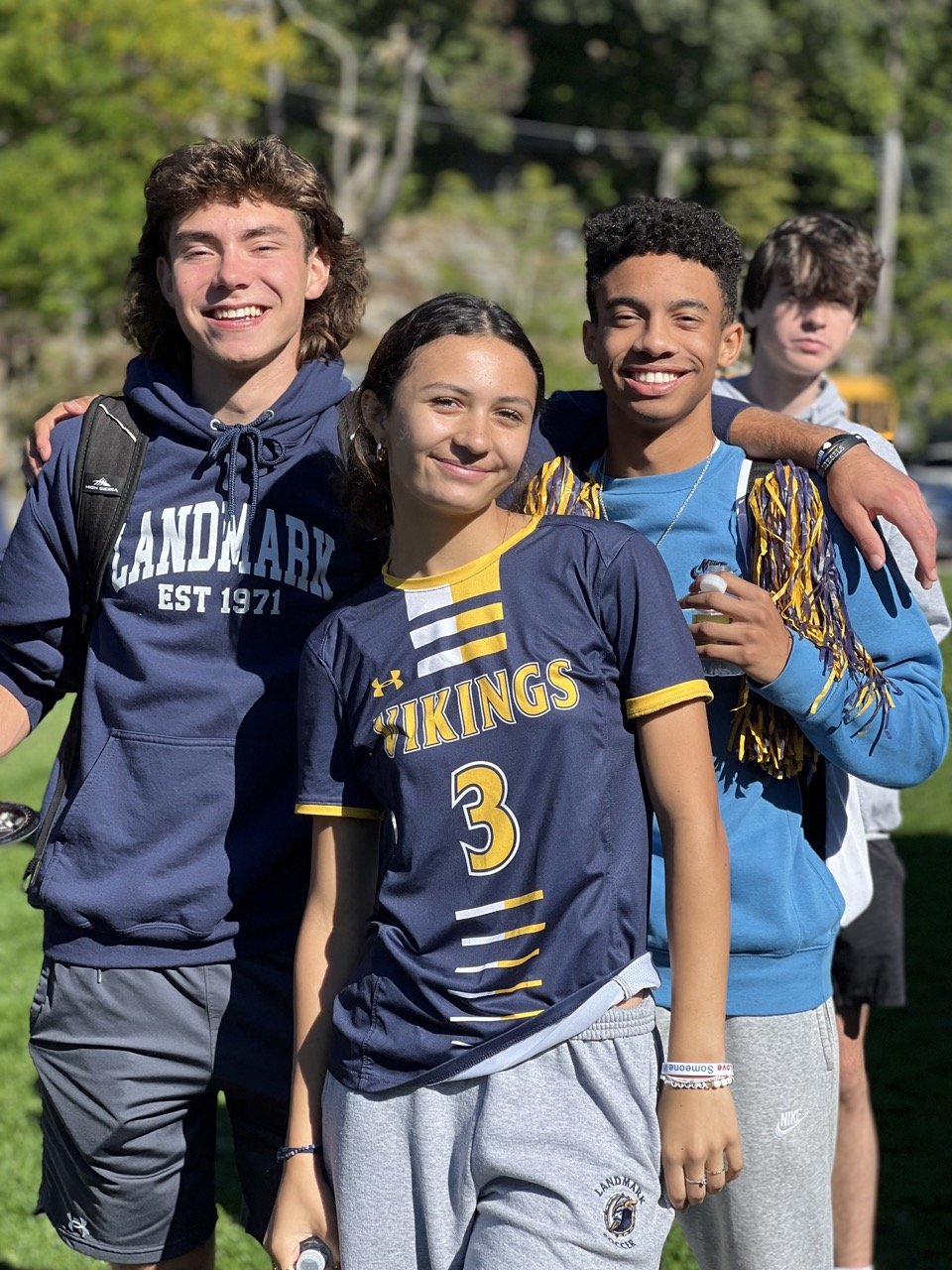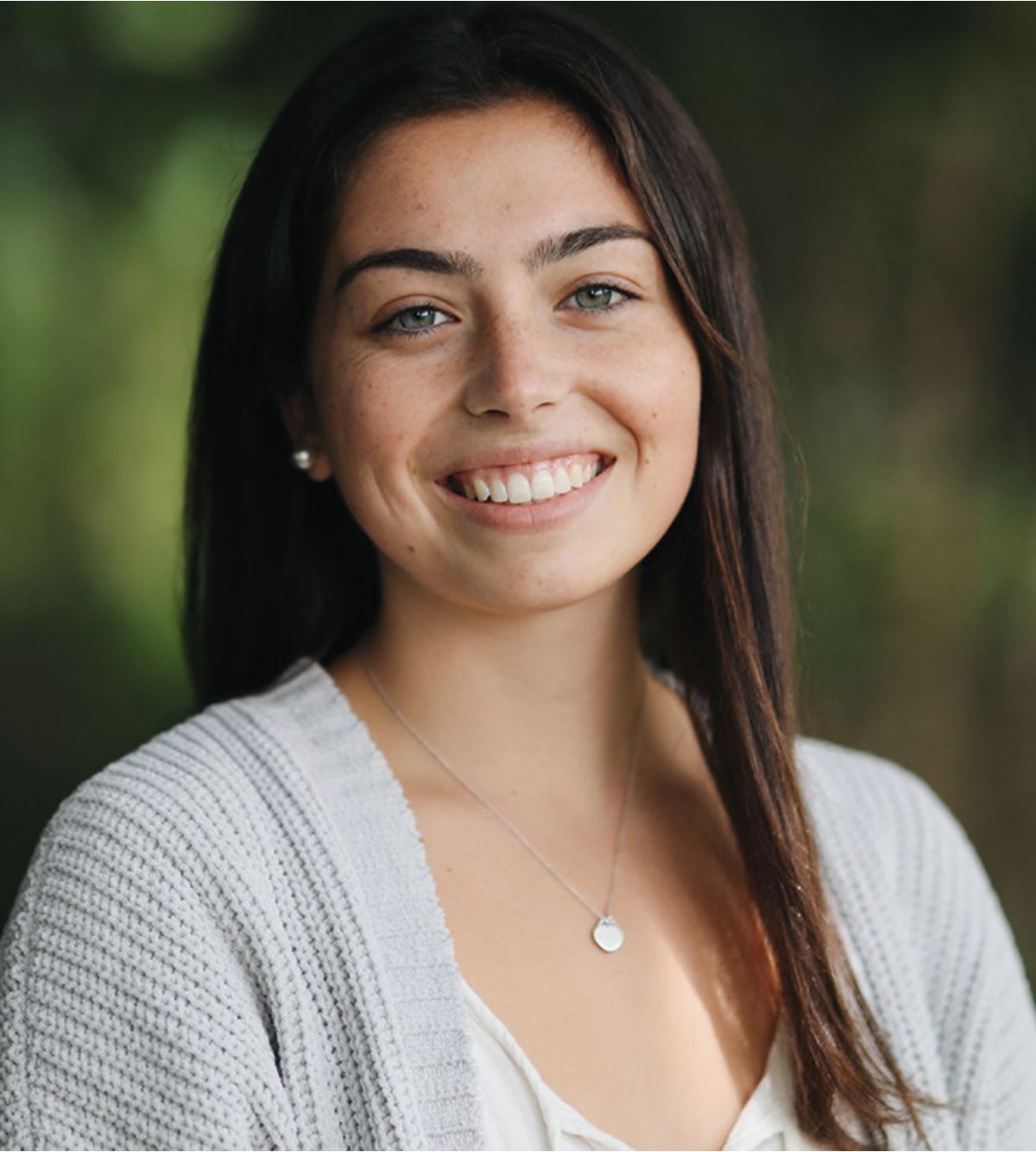- Our School
- Our Advantage
- Admission
- Elementary•Middle School
- High School
- Summer
- Giving
- Parent Resources
- For Educators
- Alumni
« Back
Accessing Learning Disability Services in College
December 14th, 2017

By Grace Daley
When you make the transition from high school to college, many parts of life will change. Maybe you’ll go to school in a new county, province, state, or country. Certainly, your schedule will be different than anything you've experienced. You’ll make new friends. Your teachers will be called “Professor.” You’ll likely have more homework.
Despite these changes, you, the student, will still be you. If you had a hard time waking up in high school, the same will be true in college. If you loved to read before bed, you will want to do the same as a freshman at university. And if you have a language-based learning disability (LBLD) and academic accommodations helped you in high school, they will certainly help you in college as your disability will remain with you. The difference is, in college, your disability becomes solely your responsibility.
Accommodations Offered at the College Level
You should ask yourself: What accommodations are available and how do I access them? All schools have slightly different accommodations; those available for students with LBLD often include the following:
- Extended time on exams
- A distraction-reduced environment for exams
- A notetaker
- Permission to audio-record lectures
- Texts in audio format
- Executive functioning coaching
All colleges have slightly different processes for requesting accommodations, but they all require students to provide documentation of their disability. As you’re thinking about beginning your college career, there are some proactive steps you can take to make sure you receive the help you need as soon as you start class.
Have updated documentation. The disability services office at a college or university must base its determination of accommodations on recent documentation of a significant need from a licensed professional. Many colleges won’t accept an IEP or 504 plan alone as documentation of a disability. Neuropsychological or psycho educational testing within three years is acceptable, but testing in a student's senior year of high school is best. Check with the colleges or universities you are applying to about their preference.
Familiarize yourself with your school’s process. The college or university's disability website is a great place to start. Send them an email or give them a call if you’re still unsure of the steps. Ask how soon you can begin receiving accommodations once you start.
Know what has worked in the past. Maybe using flashcards really helped you learn new vocabulary terms. Or perhaps it helped to make margin notes on your readings, tests, and quizzes in order to process the information. You have been given a whole toolkit of strategies that have helped you get the most out of your education. The ability to apply these strategies and advocate for help acquiring similar accommodations can make this challenging transition smoother.
Meet the people who can help you. When you arrive on campus for accepted students’ day or orientation, visit the disability services office. This can be a scary step for some, and sometimes it is easier if you go with your parents or a friend. Just remember, this office exists to support your learning needs and they want to help. Lots of aspects of your life will change in college, but you will be the constant. Know your strengths and weaknesses. Use strategies that you’ve learned and don’t be afraid to advocate for yourself. Grace Daley is the Student Services Coordinator at Boston University's Office of Disability Services.
Posted in the category College Prep.








.jpg?v=1652115432307)












